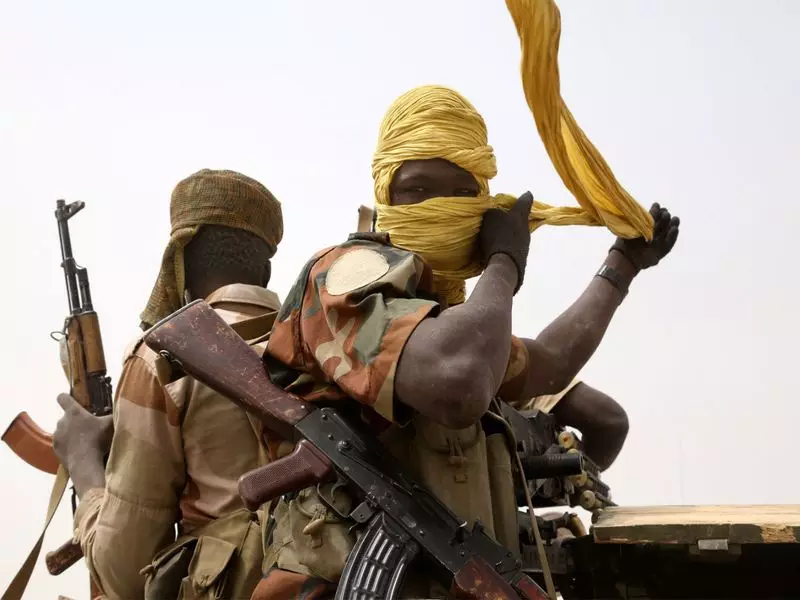
In a significant development for West African security dynamics, Nigeria has indicated its openness to receiving American military assistance in its protracted battle against Islamist insurgents, but with a clear precondition: unwavering respect for its territorial integrity.
The crucial statement came from Ajuri Ngelale, Special Adviser to President Bola Tinubu, who articulated Nigeria's position during an interview with BBC News. This clarifies the West African nation's stance on potential foreign military involvement within its borders.
A Conditional Welcome for Foreign Intervention
Ngelale's comments highlight a nuanced approach to international counter-terrorism cooperation. While acknowledging the potential benefits of US support, he firmly established the boundaries of such collaboration.
'We welcome the support, but it must be on our terms,' was the underlying message from the Presidential aide. He emphasized that any foreign military presence or operation must be conducted with full respect for Nigeria's sovereignty and territorial boundaries.
The Persistent Threat of Islamist Insurgency
Nigeria continues to grapple with severe security challenges posed by multiple jihadist groups:
- Boko Haram: The notorious homegrown terrorist organization responsible for widespread violence and the infamous Chibok schoolgirls abduction.
- Islamic State West Africa Province (ISWAP): A deadly ISIS-affiliated splinter group that has become increasingly dominant in the region.
These groups have perpetuated a devastating conflict in northeastern Nigeria for over a decade, resulting in tens of thousands of deaths and displacing millions of people.
Strategic Implications for US-Nigeria Relations
This conditional acceptance of American help represents a careful balancing act by the Tinubu administration. It seeks to leverage much-needed international security cooperation while maintaining national pride and control over its sovereign territory.
The statement serves as both an invitation and a warning to Washington: Nigeria wants assistance, but not at the cost of compromised sovereignty. This position reflects growing concerns among African nations about the terms of foreign military engagements on the continent.
As the fight against Islamist extremism in the Sahel region intensifies, this development could mark a pivotal moment in international counter-terrorism efforts in West Africa.





